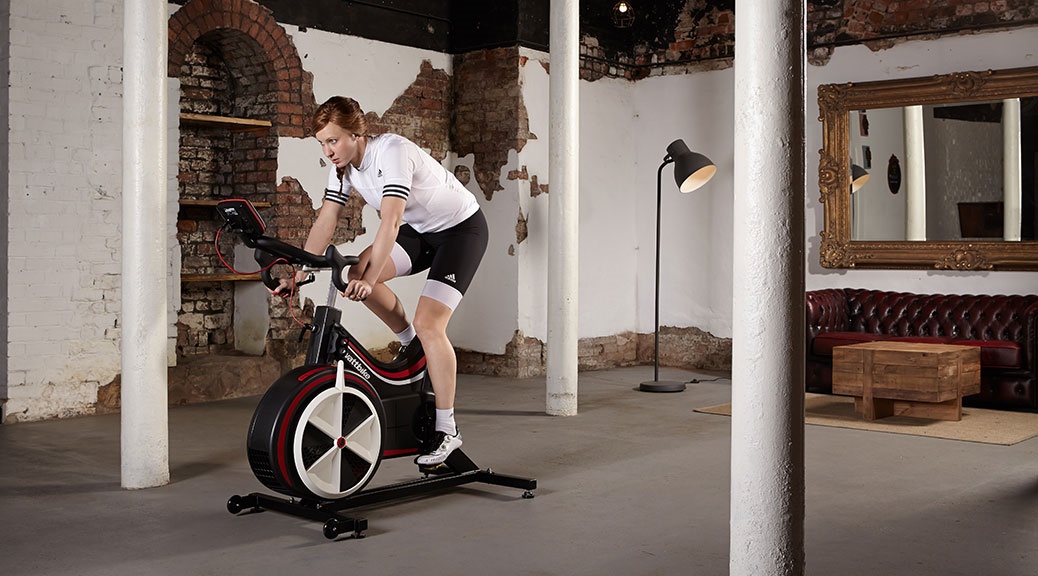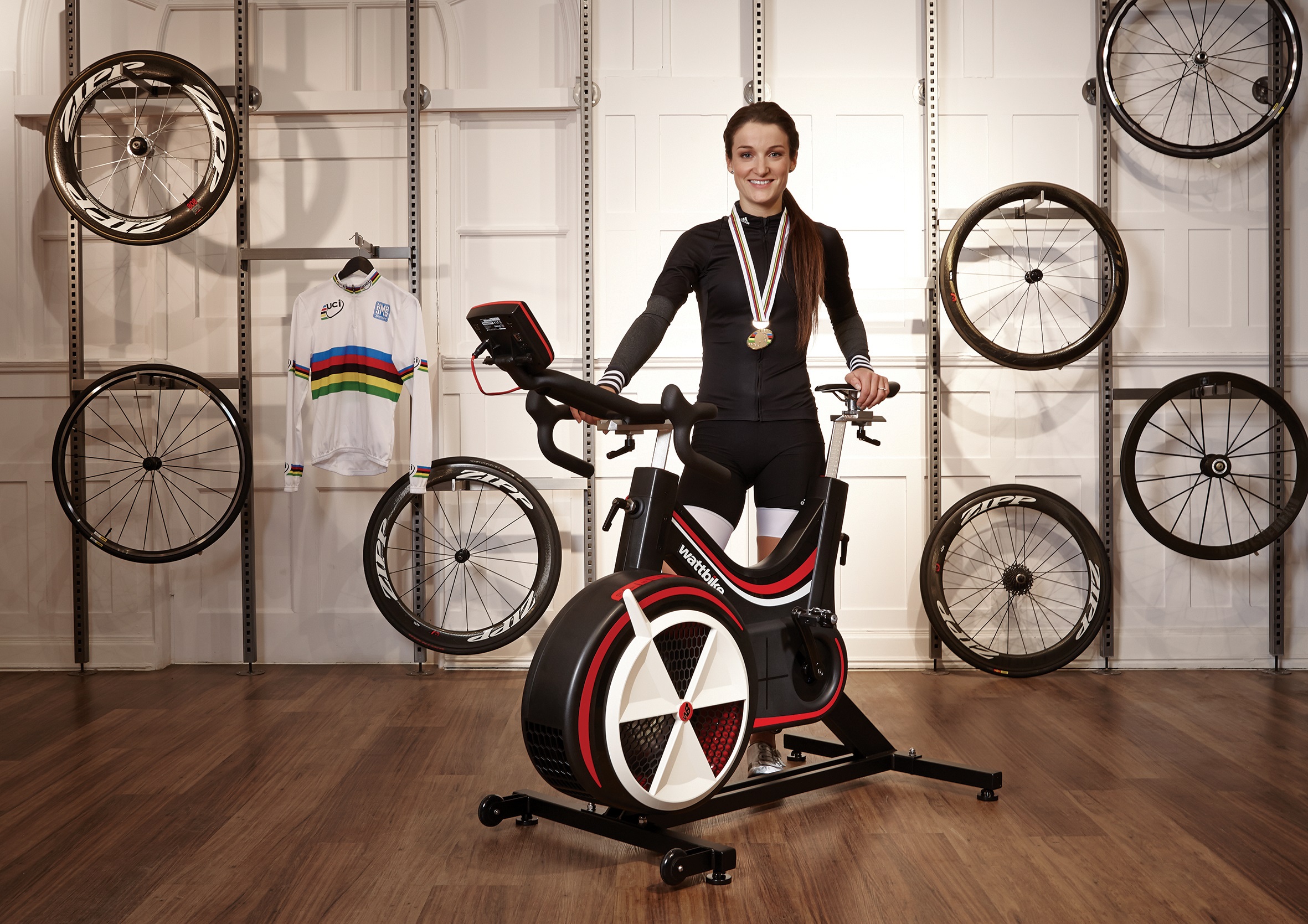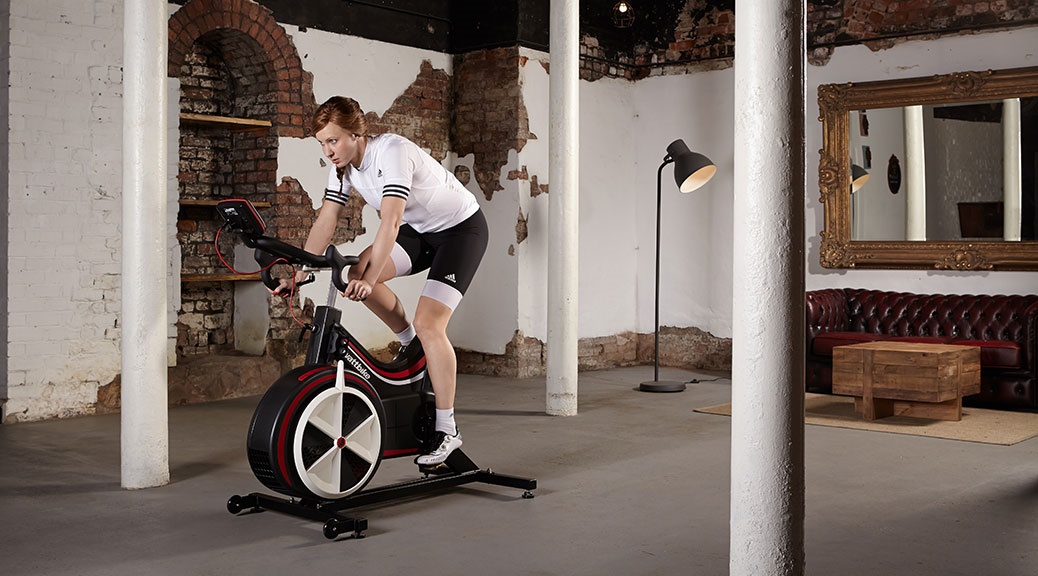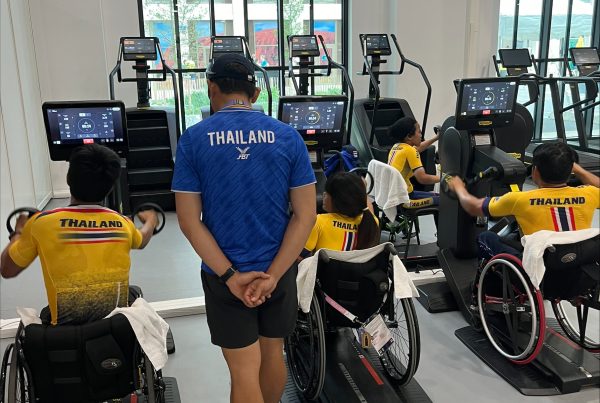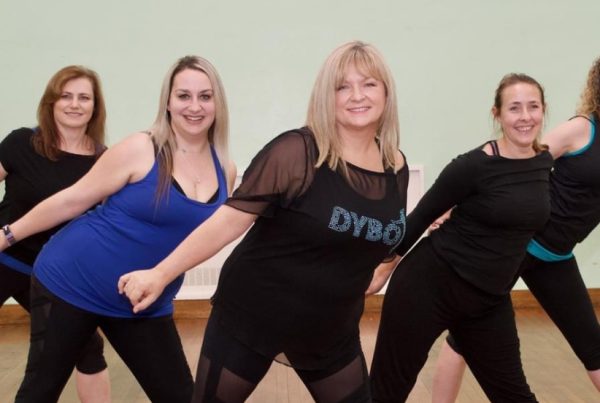FitPro’s Olivia Hubbard catches up with Lizzie Armitstead, Joanna Rowsell-Shand and Laura Trott to find out how they’re feeling about the forthcoming Olympic Games.
Laura Trott
Double Olympic Gold medallist Laura Trott is a professional cyclist, championing on both the track and road. Holding the National Road title, she was also the first British woman to win two Gold medals – both on home turf at London 2012.
Sir Bradley Wiggins commented that he would “put his house” on Team GB taking home gold in Rio this August. I spoke to Laura at the beginning of her training in March to see how her early preparations were going.
Olivia Hubbard: Laura, how is training going for you?
Laura Trott: We’re going to be going straight into a strength phrase after a week off (March) – so that’s gym and road. I also attend training camps in Valencia. The track is concrete, so that makes it a little bit more difficult than wood. After that, we go to Wales to the holding camp two weeks prior to leaving for Rio itself.
OH: How many hours are you on the bike for?
LT: It could be anything from three hours in the morning to gym in the afternoon, or three hours in the morning and four or five efforts in the afternoon – not like two hours on the track solid. The training we did prior to the Word Championships worked really well for me.
OH: How do you train for your sprint finish?
LT: That has really come from my gym work. It’s not like I haven’t been trying over the last three or four years but, for some reason, the work I put in this year works and it kind of came together. I think that must just be down to the amount of strength work we’ve done on and off the bike, in the gym or on the track. I’m using much bigger gears now than I’ve used before – so I guess adding it together kind of produces sprint work that I use but it’s taken me a lot longer.
OH: Where is your favourite training location?
LT: Probably Mallorca. We went out there a lot in 2012. It’s just so cycling friendly over there.
OH: Who is your sporting idol?
LT: I really looked up to Victoria Pendleton, the first female cyclist to ever achieve anything. She said no to British Cycling, so she can actually go and study and get a degree. It was a bold move for her to go away.
OH: How do you think women’s cycling is progressing?
LT: I started when I was eight, – but there was literally only Victoria to look up to. Whereas now, with the whole British Cycling system, it’s brought on so many different girls, right from grassroots level. Emily Nelson, one of the girls who actually competed at the World Championships, is only 18 and she’s just come onto the programme, which I think really shows the movement of British Cycling.
OH: What’s your pre-race meal choice?
LT: To get you through an omnium you have to have the equivalent of a loaf of bread in carbohydrates. I’m obviously not going to sit there and munch through a loaf of bread! So probably something pasta based.
Lizzie Armitstead
Lizzie Armitstead took some time out of her busy schedule to attend a Wattbike event in Spitalfields Market in April and caught up with FitPro. She’s just clinched overall victory in the 2016 Aviva Women’s Tour, finishing safely in the bunch in 14th position at the end of the 113km Northamptonshire stage, as Finland’s Lotta Lepistö took the final stage win in Kettering from a group of seven riders.
Olivia Hubbard: Lizzie, what does your training schedule look like ahead of Rio 2016?
Lizzie Armitstead: I’m doing a lot more climbing. Rio is quite a savage course; it’s just mountains basically and London was flat, so you needed to be a good sprinter to win it. I’m trying to turn myself from a powerful sprinter into a climber.
I do between 20 and 25 hours a week – all on the road. I don’t do any gym work because I don’t need the extra muscle to carry me up the climbs. I work on my core at home; I don’t go into the gym to use weights or anything. Just the obvious stuff – planks, etc.
OH: How could one of our readers approach training for a hill climb?
LA: Climbing is one of those things you have to do with confidence. You need to embrace the climb. Core stability is really important so, if you’re out of the saddle, you need to make sure that your core is strong enough to maintain the power going through the pedals. Choosing the right gear is important. If you’re getting out of the saddle, you need to be a bit higher and, if you’re in the saddle, you need to be a bit lower.
OH: What’s your diet like?
LA: It’s really important to be as lean as I possibly can. I’m also pretty good at keeping a balance. As a female athlete, I don’t think it’s healthy to be super lean all year round. I don’t think I have the motivation or dedication to do it. So it’s about a six-week window for me. I want to be as lean as I possibly can. This, for me, is about 55kg. At the moment [in April] I’m 57kg.
OH: And you’re not a fan of using the Garmin to track your rides?
LA: I like to be able to enjoy the bike ride and just suffer without measuring it sometimes!
Joanna Rowsell-Shand
Joanna Rowsell-Shand is extremely focused on winning gold at Rio. The 27 year old is a key member of the women’s squad and took home gold as part of the women’s pursuit team at London 2012 and gold at the individual World Championships in 2014.
Olivia Hubbard: Can you tell me about your initial inspiration to cycle?
Joanna Rowsell-Shand: I had never really been into cycling. I was totally inspired by Bradley Wiggins winning three medals and Chris Hoy winning gold as well at the Athens Olympics. I loved the look of pursuiting and team pursuiting. In Athens, there wasn’t even an event for women. I’ve got the physiology to be a good pursuiter. The event in the velodrome – the speed, the noise, the intensity and being such a spectacular venue as well – really inspired me. I really liked that aspect and the power outputs.
OH: Have you any concerns ahead of the Games?
JRS: I’ve not been to Rio at all. I’ve heard the velodrome is not finished, which is a very slight concern. I think if it’s not finished in July I’ll be worrying a bit more but, currently, I’m OK!
OH: And you experience an intense training phrase in April, is that right?
JRS: I’ve just got back from a camp in Valencia, last week [17 April]. We were there for two weeks, training hard in the sun, with a lot of endurance work. We do a lot of that kind of base work at this stage [April] and then more intensity as we get closer to the event. There’s a lot of work in the legs, a lot of tiredness and a lot of fatigue. I like the feeling of my legs feeling tired. They’re in pain and I know that’s a good thing.
OH: How do you incorporate the Wattbike into your training?
JRS: We do quite a lot of sessions specific to team pursuit. You can’t train on the track every day as a team – someone might be more tired than someone else or someone might be injured – so we try and use the Wattbike to be able to do specific sessions to replicate team pursuit at the correct prowess and cadences without flogging ourselves around the track every single day. On the Watt bike, I can push myself up to my limit. I can get what I need to do.
OH: Can you describe your first experience on the bike?
JRS: I started training properly on a Wattbike in October 2013 when I broke my collarbone. I crashed into the pits, hit my head and had coming up, in six weeks’ time, a qualification event I had to ride because I had the World Cup that winter. Usually, they say for six weeks don’t ride a bike at all. I had to wait a week for surgery. So I set myself up on the Wattbike; I had my arm balanced on a pillow on top of the bar. I performed short, intense sessions, which was perfect really, and then I ended up winning the qualification event, which was five weeks after the surgery. I then went on to win two world titles at the World Championships. From that crash onwards, it really played an important part to get me qualified for the World Cup.
OH: Are we at tipping point with cycling?
JRS: I would like to see more facilities in the UK. We’ve currently got five indoor velodromes, which is brilliant. [And] more things like road circuits: there’s Hillingdon and Lee Valley in London, which I think is brilliant for teaching youngsters to learn all of the skills. It’s so easy to build roads; I can’t understand why we can’t have more road tracks!
We need to encourage more cycling to work. People talk a lot about safety when cycling to work but something I’ve always thought about is the logistics of it – you need somewhere to keep your bike, somewhere to get showered and changed, a locker to keep your stuff in. Employers need to provide those provisions as well.
OH: Is the rest of the UK lagging behind London?
JRS: London is definitely booming. I’m based in Manchester and, whenever I come down here, I’m surprised by the amount of cycling cafés. So I think the rest of the country needs to keep up with that.
OH: What are your goals after Rio?
JRS: I wouldn’t mind doing a triathlon. I don’t think I would be very good at the transitions but I quite fancy trying that. Currently, I don’t do any other sports because I don’t have the time. I also quite like the look of rowing actually; I quite fancy having a go at rowing.
